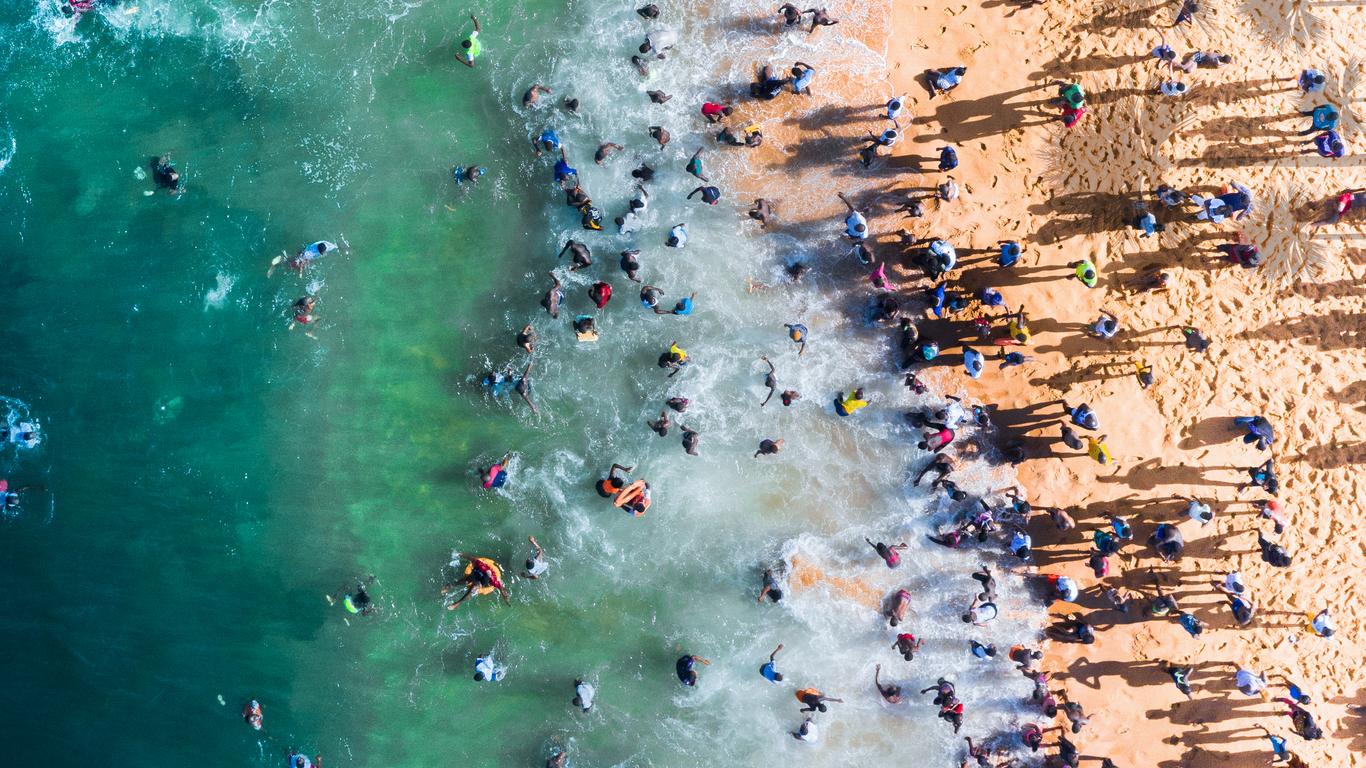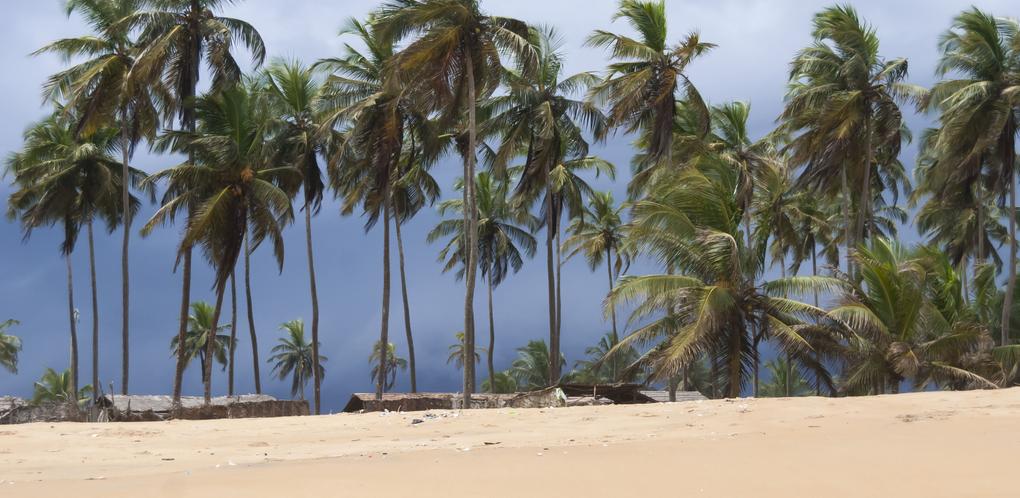
Ivory Coast travel guide
Ivory Coast Tourism | Ivory Coast Guide
You're Going to Love Ivory Coast
Tropical but modern, Côte d'Ivoire is a one of a kind destination that manages to remain authentic. A must-visit for nature lovers, this country is also famous for its beach resorts near Assinie.

What to do in Ivory Coast
1. Go to the Beach
Head to Assinie to swim or surf at some of the best beaches in Cote d'Ivoire. It's a popular vacation destination for locals, too, so expect some crowds in the summer and on the weekends.
2. Head to Man for the Waterfalls
The waterfalls in Man are one of the top tourist attractions in Côte d'Ivoire, as are the mountains surrounding the city. Visitors should plan their trip during the rainy season to see the site in its full force.
3. Explore Abidjan
A mix of tropical atmosphere and urban environment, Abidjan is a surprising city. Markets, street food stalls, and contrasting neighborhoods are all part of the appeal of this West African capital.
4. Visit Taï National Park
A UNESCO World Heritage Site, the rainforest is still not fully explored. Tai National Park is also a popular destination to observe chimpanzees, buffalos, and elephants in the wild.
5. Admire the Basilica in Yamoussoukro
An architectural marvel and an unusual landmark, this church in Yamoussoukro was designed to resemble St. Peter's Basilica in the Vatican. French stained glass and Italian marble are some of the materials used in this impressive building that's become one of the must-sees in Côte d'Ivoire.
When to visit Ivory Coast
The dry season in Côte d'Ivoire is between November and May and it's the best time of year to visit. If traveling exclusively for the beaches in the south, avoid the months of May, June, July, October, and November.
How to Get to Ivory Coast
Entry requirements
Most travelers need a visa to enter Côte d'Ivoire unless they're nationals from other countries in Africa and some other countries, including Brazil and Austria.
All passengers need a valid certificate of vaccination for yellow fever to enter the country.
Plane
Cote d'Ivoire is served by one international airport only, Félix Houphouët-Boigny Airport. There are regular nonstop flights from other African cities and some destinations in Europe.
Passengers traveling from elsewhere in the world should account for at least one layover.
Train
There is a regular train between the city of Ouagadougou in Burkina Faso and the capital city of Côte d'Ivoire. The journey takes close to 30h and a one-way second-class ticket for one passenger costs approximately 30,000 CFA (50 USD).
Bus
Enter by bus in Côte d'Ivoire by taking the regular connection from Accra in Ghana.
Popular airlines serving Ivory Coast
Where to stay in Ivory Coast
Hotels are usually more expensive in Abidjan than in the rest of the country. The price paid for a room doesn't always match the comfort level expected when paying a higher rate.
Where to stay in popular areas of Ivory Coast
How to Get Around Ivory Coast
Public Transportation
The larger towns and cities are served by a network of minibuses and shared taxis. Although they are scheduled to leave every hour, they don't depart until they're full, so account for some waiting time.
Trains
There are regular train connections every day from Abidjan to Ferkessédougou, operated by Sitarail. A one-way ticket costs approximately 12,000 CFA (20 USD) per person.
Bus
Long-distance buses are operated by local company Sotra and they connect most towns and villages. They are more comfortable than minibuses and shared taxis, and a one-way ticket costs approximately 300 CFA (0.50 USD).
Car
The condition of the roads and traffic in major cities make getting around by car a bit of a challenge. If renting a car, keep in mind that insurance is mandatory, so check the rates with the car rental company before booking.
The Cost of Living in Ivory Coast
Larger businesses, such as hotels, accept payments with credit cards. For other payments and businesses, carry cash. ATMs are widely available in the main cities. General groceries, such as milk, bread, and vegetables, can cost approximately 7,000 CFA (12 USD).